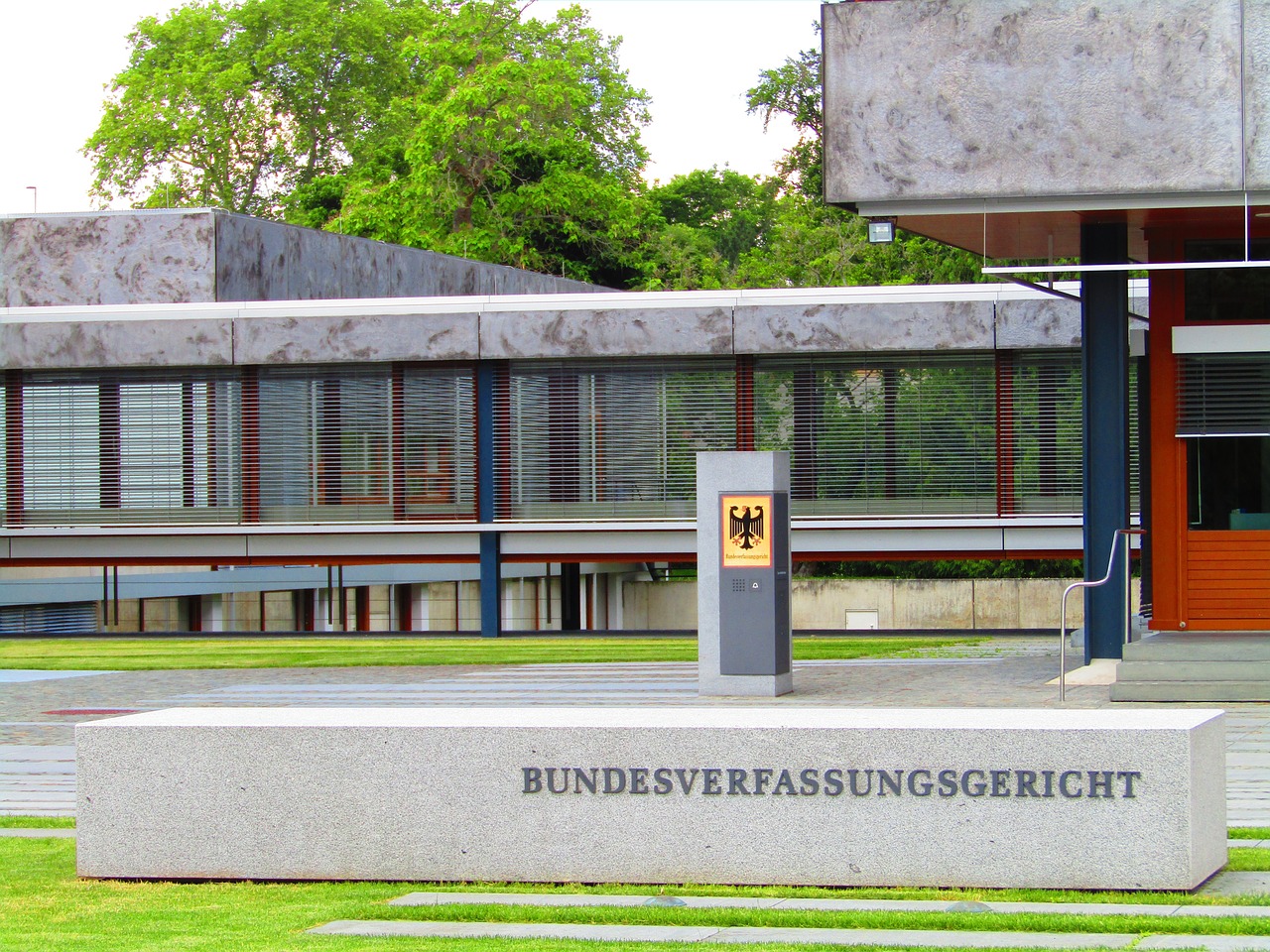NEW PARADIGM
Constitutional Judges During the Zeitenwende
From our newsletter series
BY
THOMAS FRICKEPUBLISHED
4. DECEMBER 2023READING TIME
5 MIN
One of the iron rules is that when the highest constitutional judges pass judgement, the judges’ instructions must be implemented with humility. This is what the German government has been trying to do for the past three weeks since the Federal Constitutional Court ruled that it was unlawful to use money from a Coronavirus Fund for climate transformation. What has been going on since then seems less humble – the search for what the judgement means on the whole, let’s say paradigmatically: is it a signal to return to the old economic orthodoxy, as opinion leaders of the FAZ believe – to the supply theory and to a paper like the Lambsdorff paper from 1982, when the FDP ushered in the age of market liberals with a dogmatic turnaround in Germany?
Or will the impression prevail over time that the ruling reveals one thing above all: how much reality now deviates from what is envisaged in the debt brake – in a constitutional rule that in itself leaves little scope for tackling and pre-financing major challenges such as climate change through correspondingly larger programmes? In the end, this seemingly orthodox judgement could even accelerate progress towards a less categorical but more realistic debt rule.
The outcome of the battle for sovereignty of interpretation still seems unclear. Nevertheless, the trend seems to be in favour of further development: when several CDU state premiers are now open to adapting the debt brake; and when CDU leader Friedrich Merz also defends subsidies for the establishment of chip factories in Germany – contradicting Lars Feld, who advises Christian Lindner and is one of those who long for a return to orthodoxy. In his outlook, Holger Schmieding from Berenberg Bank is already betting that the debt brake will be reformed after the 2025 election.
In Germany, the mere thought of this is still considered an outrage by many. In fact, it would be no different if Germany were to apply what modern macroeconomics has learnt over the past few decades: that it is of little use, and in doubt even detrimental, to enforce overly strict fiscal rules regardless of the state of the economy and other circumstances – because this only exacerbates crises in some cases, leads to dramatic deficiencies in infrastructure and a lack of success in the fight against climate change, or otherwise leads to greater damage and costs in the future.
The EU is therefore proposing a concept that relies less on hard rules and more on standards and solutions that are tailored to each country in each situation. Not a case for unbending constitutional rules and strict judgements.
*
The extent to which these times reflect the transition between paradigms can be seen not only in the battle for sovereignty over the interpretation of high German judges, but also in what is currently happening in Argentina, where a slightly insane ultra-liberal has been elected president. Are we seeing the return of the old radical liberals? Or is the election more an expression of the paradigmatic vacuum left by the failure of market liberalism – and which populists like Trump, the Brexiteers and now Javier Milei in Argentina have been trying to fill with breathtaking promises of salvation? This week we had Quinn Slobodian on our New Economy Short Cut – to present his poignant new book “Capitalism without Democracy“. Commentary by Max Krahé from Dezernat Zukunft. An hour of contemporary history to listen to – here.
*
You can also listen to the articles about the launch of our wealth simulator and the new ReBalance website on our website – here. What the simulator is and does – in a nutshell here.
This text is from our bi-weekly newsletter series. To subscribe, click here.
